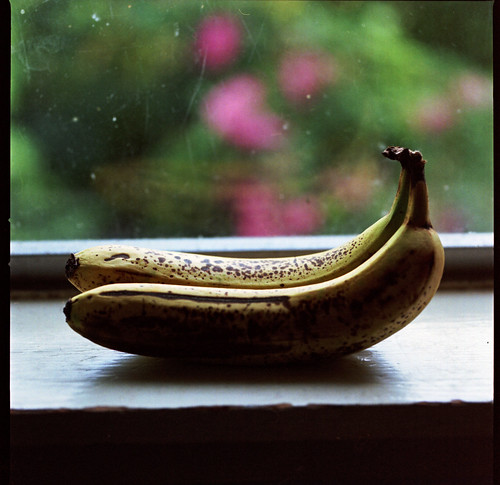
Yes, I know a vegetable garden in and of itself is a pretty sustainable thing. Growing your own food instead of getting it from the store (usually in some sort of plastic bag or container) is great. But what are some extra steps you can take to be even more sustainable with your garden? Here are ten of them.
- If you start your own seeds, do it in reused containers instead of buying new ones. Yogurt cups are great for this, but any container will do. Also starter pots made from newspaper are an eco-friendly way to go.
- Use water saved from cooking or captured water from running the faucet to water your plants. When you cook vegetables or pasta in water, nutrients leach into the water and that water makes great plant food. Don't use water that you've used to cook meat in to water edible plants, though. And, make sure the water has cooled before you use.
- Water early in the morning or late in the evening so the midday sun doesn't soak up half of the water before the plants get it. You'll have to use less water this way.
- Save your seeds for next year. In addition to saving seeds from my own garden, I plan on buying a couple expensive heirloom tomatoes from the farmers market, enjoy them, and save their seeds for next year. I'm not sure how well it will work, but I'm going to give it a shot.
- Share your bounty. Your bound to have too much of something (basil? zucchini?). Don't let it go bad. Share with friends and neighbors or find a food bank that will take the donations.
- Compost. Turn your vegetable and plant waste into food for next year's garden.
- Rotate your plants. Even in a small garden, moving the plants around from year to year will help the soil.
- Deter pests naturally. It's very tempting, and I know how tempting it is from experience, to want to destroy bugs or keep the rabbits away using toxic methods. But, this is food your family will eat so keep the chemicals away. Experiment with natural remedies and be okay with losing a little of your crop while you're figuring it out.
- Learn about the types of diseases your plants could get and how to identify them. This year especially with the late blight wiping out tomato plants, identifying and properly handling a disease could save part of your garden and your neighbor's garden, too.
- If you have kids, get them out in the garden with you and pass on the skills that you have (or maybe learn skills together) so that they will continue to garden when they have their own space.






